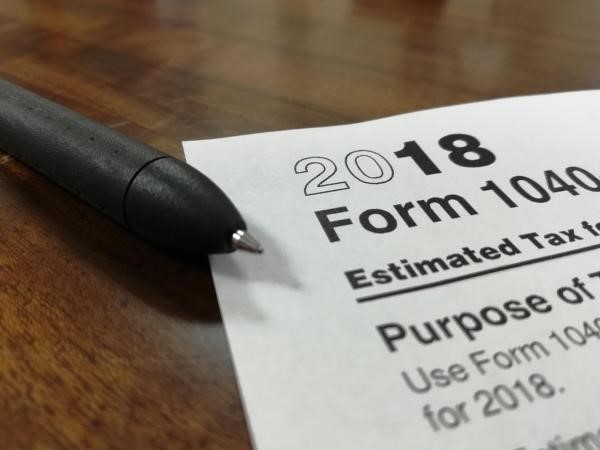Q: What’s worse than dealing with HMRC every year?
A: Dealing with HMRC and the IRS
Life as an expat is complicated, especially around the end of the tax year.
Having to fill in two annual tax returns should be unnecessary because after all, Her Majesty’s Revenue and Customs (HMRC) does talk to the US Internal Revenue Service (IRS). However logic plays no part in the demands that government departments place on citizens, so you just have to grin and bear it.
>See also: Business rates reform key, says Labour business chairman Rachel Reeves
The bad
All US citizens need to file an annual tax return (Form 1040) with the IRS, even if they calculate that no tax is owed.
You must also notify the US Treasury Department every year of any UK and other non-US bank accounts and their balances using Form FinCEN 114. Your Foreign Bank Declaration (FBAR) must include any pension accounts and bank accounts where you are an authorised signatory, including joint accounts.
Failure to file either of these documents on time can cost you thousands in late penalties.
You will also need to file numerous extra forms with your Form 1040 to avoid being hit by late payment penalties.
The good
You will not be taxed twice on your income because the US and the UK have a double taxation agreement whereby every pound you pay in income tax and social security in the UK reduces your US tax bill by the same amount.
The IRS has something called Streamlined Procedures that offers tax amnesties to expats, even if they have not filed tax returns or FBARs through ignorance or oversight for decades.
The very complicated
US expat taxes are a minefield for non-experts, one where a single misstep can cost you thousands of dollars.
>See also: 9 accounting software platforms for Making Tax Digital
Can you exclude UK income from US expat taxes?
Yes, but…
There are conditions you must meet to be able to exclude your British freelancing or other income from US taxes:
1. You must establish that you are tax resident in the UK. This means telling HMRC that you are tax resident here, selling any home you have in the US, and getting the IRS to accept your status.
And one of either 2a or 2b:
2b. Bona Fide Residence Test
This one is complicated – you need to live in the UK for the whole tax year, but that isn’t enough if your contract is short-term. The IRS looks at many factors including; whether your family are with you or in the US, whether you have bought a home in the UK, and whether you have told HMRC that you are ordinarily UK resident.
2b. Physical Presence Test
A simple 330 days in the UK on the tax year establishes that you were physically present in the UK.
With the UK/US double taxation agreement this should not be a major concern because every penny you pay to HMRC will reduce your IRS tax bill by the same amount.
What about pensions?
Any payments you make into a director’s, self-employed or other pension fund will be treated differently here and in the US.
In the UK, pension payments up to a generous limit are treated as tax deductibles against your earned income. Your UK pension payments are unlikely to meet the IRS criteria to qualify as tax-deductible.
Self-employment income
You will need to include a Schedule SE form with your US tax return. You should not have to pay two lots of tax on your self-employment income.
Medicare
You must pay US self-employment taxes consisting of Medicare tax and social security taxes on all your profits from self-employment. The only way to avoid these taxes is to revoke your US citizenship. These are not covered under the UK/US double taxation agreement.
Renouncing US citizenship
This is an extreme solution and only for expats who have no desire to ever return to the US to live. It will remove the IRS from your life, but you could still have to pay exit taxes of your average income over the past five years exceeded $165,000 (adjusted for inflation). Make sure you are not delinquent in any of your IRS liabilities before considering surrendering your US citizenship.
Seek advice with expat taxes
Self-employed US expats in the UK get a raw deal, but it could be a lot worse. Double taxation agreements remove a large part of your US tax burden while you are resident in the UK. Social security and Medicare taxes are the exceptions.
The main burdens are administrative and finding a US qualified individual to handle your dealings with the IRS. Expertise and experience in handling the affairs of US expats and expat taxes are essential to reduce your tax bill to the minimum, and UK-trained accountants are unlikely to serve you well in this regard.
Further reading on taxation
How to change your small business accountant in 10 easy steps






